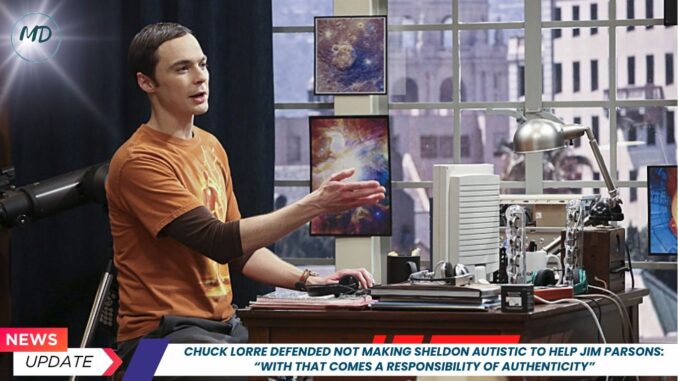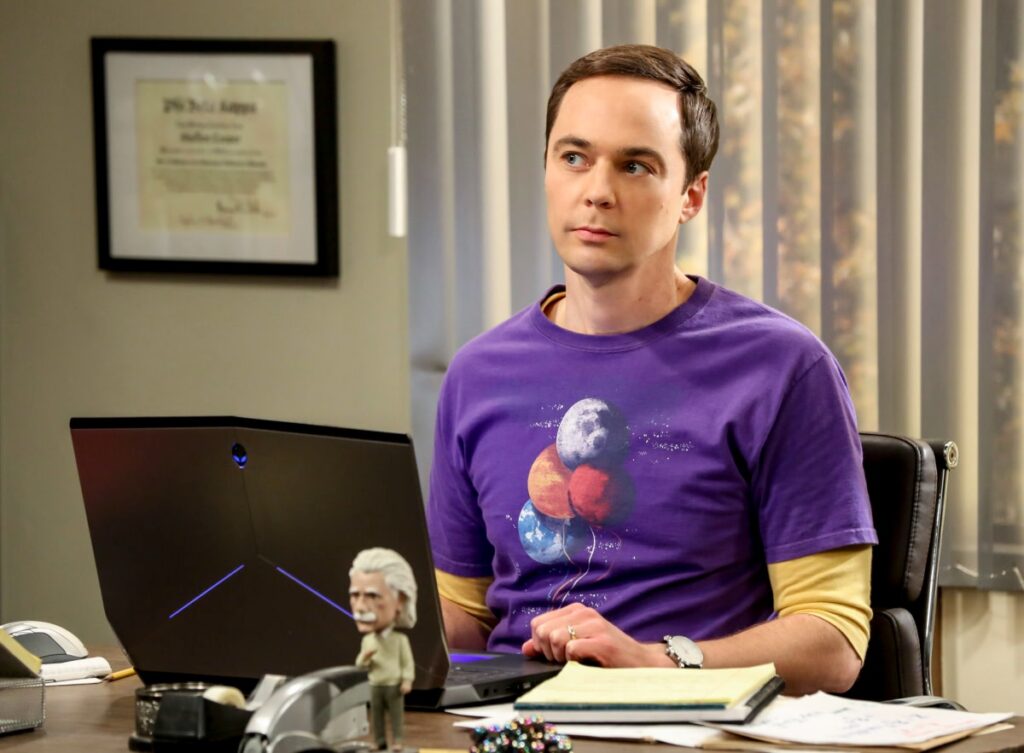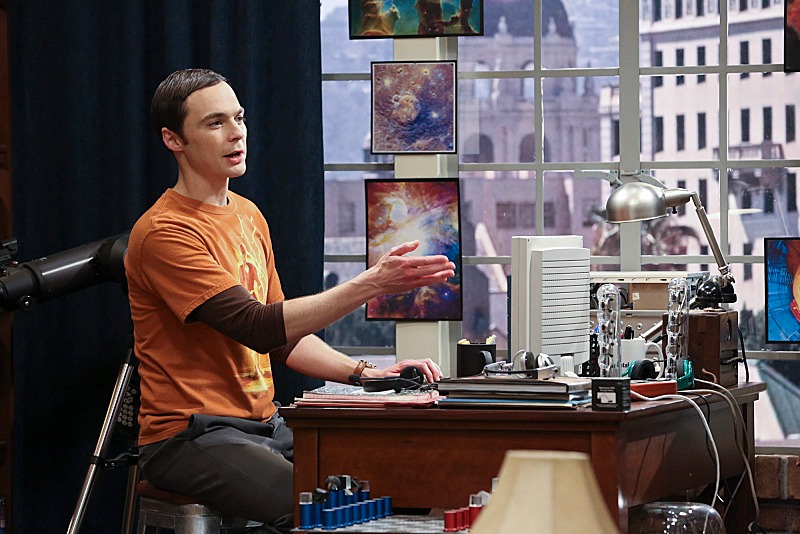
Chuck Lorre chose not to label Sheldon Cooper as autistic, focusing on authenticity and giving Jim Parsons creative freedom in TBBT.
Chuck Lorre wasn’t about to slap a label on Sheldon Cooper just for the sake of it, even if fans swore he was the poster child for autism. Instead, Lorre took a different approach, opting to let Jim Parsons’ brilliant portrayal stand on its own without boxing him into any diagnosis. His reasoning? If they went there, it had to be authentic, and Lorre wasn’t about to take that responsibility lightly.
Some say it was a missed opportunity, but for Lorre, it was all about staying true to the character without crossing lines he wasn’t prepared to navigate. It’s a decision that sparked debate but ultimately let Sheldon be Sheldon—quirks, genius, and all.
Chuck Lorre Spill the Beans on Sheldon’s Spectrum in The Big Bang Theory
Let’s talk about The Big Bang Theory—the sitcom that turned nerd culture into mainstream gold and made Jim Parsons a household name. But beyond the laughs lies the character of Sheldon Cooper, who’s sparked some serious conversation about whether he’s on the autism spectrum.
Now, Chuck Lorre, the mastermind behind the show, dropped some thoughts in Jessica Radloff’s book, The Big Bang Theory: The Definitive Inside Story of the Epic Hit Series. Lorre straight-up said they didn’t want to slap a label on Sheldon because with that comes a responsibility of authenticity which should be respected,

We did not want to put a label on Sheldon, because with that comes a responsibility of authenticity … which should be respected. I think not having a label gave Jim a great deal of more freedom to play the part as he wanted to play it, as opposed to how we might have been pressured to do for a very-real syndrome that can be difficult.
By keeping things vague, it gave Parsons the freedom to play Sheldon his way. And Parsons was all in on that vibe, saying the writers were channeling traits of someone on the spectrum without having to carry the weight of real-life accuracy. He pointed out,
I really took it as the writers wanting to celebrate and utilize certain aspects of someone on the spectrum, but were not interested in carrying the responsibility they would feel. I mean, just getting the science right was enough of a responsibility.
But looking at where we are today in the world, would you have needed to then find somebody on the spectrum to play that part? Now, that being said, who’s to say I’m not on the spectrum in some way?
He even tossed in a little self-reflection, wondering if he might be somewhere on that spectrum himself. This whole discussion shows how The Big Bang Theory blended comedy with real-life complexity, proving that sometimes, the laughs run deeper than we realize.

Chuck Lorre Surprises SUNY Potsdam with a $1 Million Donation During Campus Visit
Hollywood legend Chuck Lorre dropped a surprise $1 million donation on SUNY Potsdam. During a public chat with President Suzanne Smith, the Big Bang Theory creator opened up about his college days from 1970 to 1972. Lorre joked,
I always felt a little awkward about it, honestly. I didn’t graduate, I was a drop out. That was kind of embarrassing. But nobody calls me doctor, I came back to say thank you because the two years I was here, 1970 to 1972…this was a safe environment to be a foolish young man.
But he returned to campus to say thank you for the time he spent there, even calling it a safe environment to be a foolish young man. Despite his past, Lorre didn’t shy away from urging students to seize their opportunities. Then, in a show stopping moment, he casually handed over a check for a cool $1 million to the school. The crowd? Standing ovation, of course!